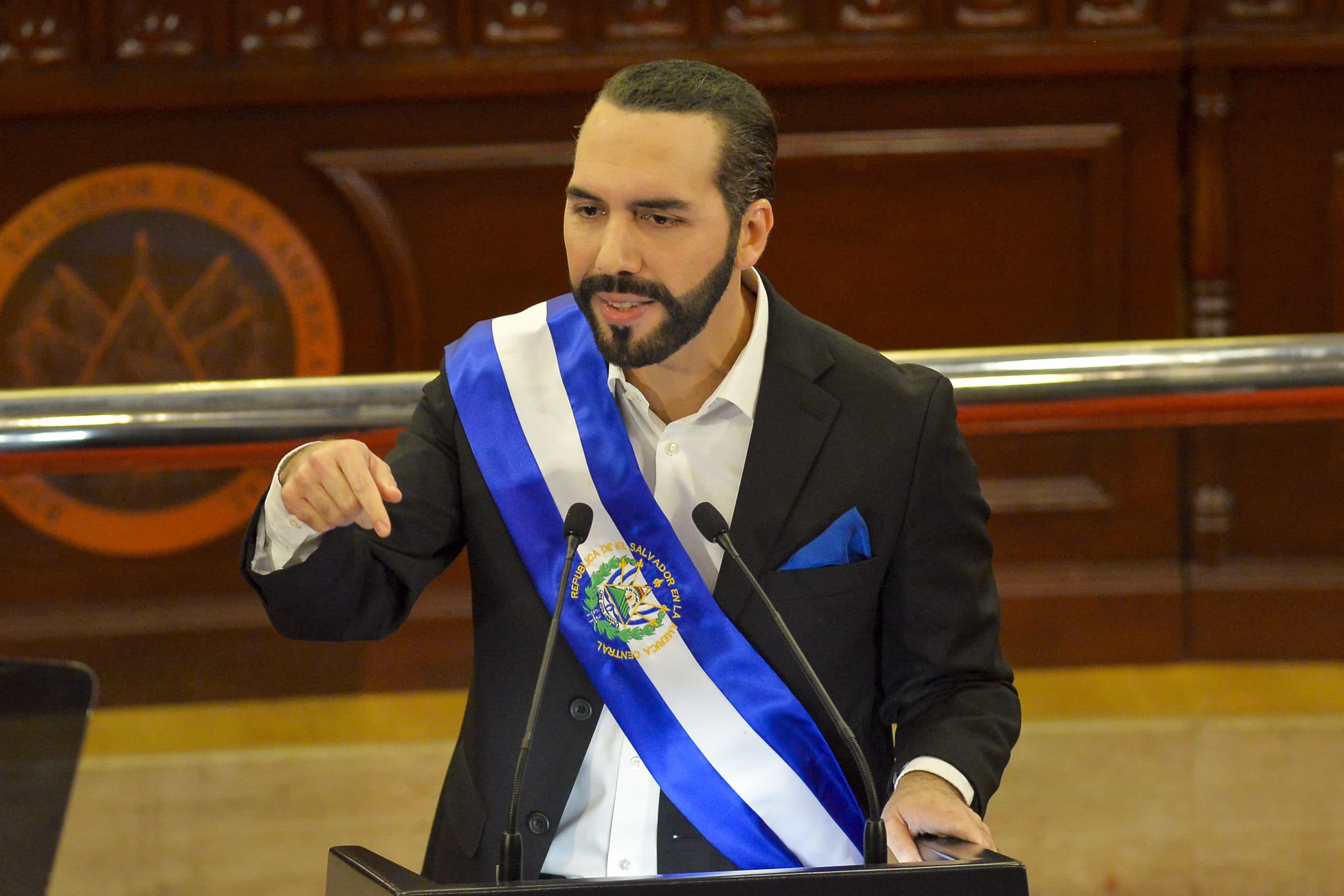TOPLINE El Salvador acquired roughly $21 million worth of bitcoin on Monday, President Nayib Bukele announced, buoying the crypto market ahead of making history Tuesday by becoming the first country in the world to formally adopt the digital currency as legal tender.
KEY FACTS
El Salvador bought its first 400 bitcoins in two lots on Monday—worth an estimated $21 million based on bitcoin’s value at the time of the announcement—according to a series of tweets by Bukele.
Bukele said the country had plans to buy “a lot more” when announcing the first salvo of 200 bitcoins.
The purchase comes as El Salvador makes history as the first country to make bitcoin legal tender Tuesday.
The law enacting the change, approved by an overwhelming majority in June, places bitcoin alongside the U.S. dollar as El Salvador’s national currency.
Bukele said he hopes the initiative will boost foreign investment, financial inclusion and generate jobs, and bitcoin can be used to make purchases and pay tax.
The value of bitcoin jumped around 2% to just under $53,000 on Tuesday morning following Bukele’s tweets—though the volatile token dipped around 3% later that morning—its highest value since the cryptocurrency market crashed three months ago.
KEY BACKGROUND
El Salvador’s decision to adopt bitcoin as legal tender is controversial and questions over logistics have been raised both at home and abroad. Polls suggest most Salvadorans are against the idea and many have taken to the streets to protest the change. The International Monetary Fund (IMF) said its plans may threaten an anticipated deal with the country, while some economists warn of the country becoming a haven for financial crime and there are widespread concerns over the potential environmental impact of bitcoin, which uses huge amounts of electricity. Some of these criticisms—notably environmental impact and crime, which certainly are significant problems—are often raised as if they are insurmountable and without reference to efforts to remedy the issue or context. Bitcoin could be mined using electricity generated from clean sources, for example, and crypto’s popularity among criminals makes up a small fraction of illicit financial transactions. Many are excited about the change and Bukele has been open in his hopes it will attract a new cohort of entrepreneurs to the country.
BIG NUMBER
$30. That’s how much each citizen downloading the government bitcoin wallet, Chivo, will receive in bitcoin.
FURTHER READING
El Salvador becomes a crypto laboratory with bitcoin gamble (FT)
El Salvador Makes History As World’s First Country To Make Bitcoin Legal Tender (Forbes)
By Robert Hart, Forbes Staff
